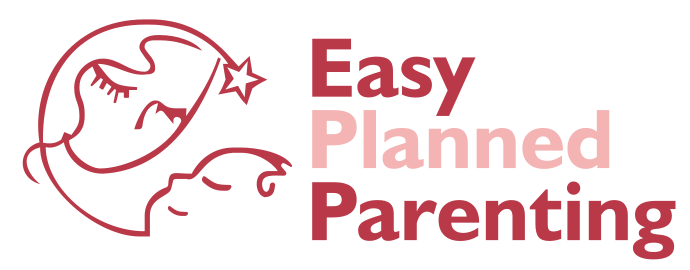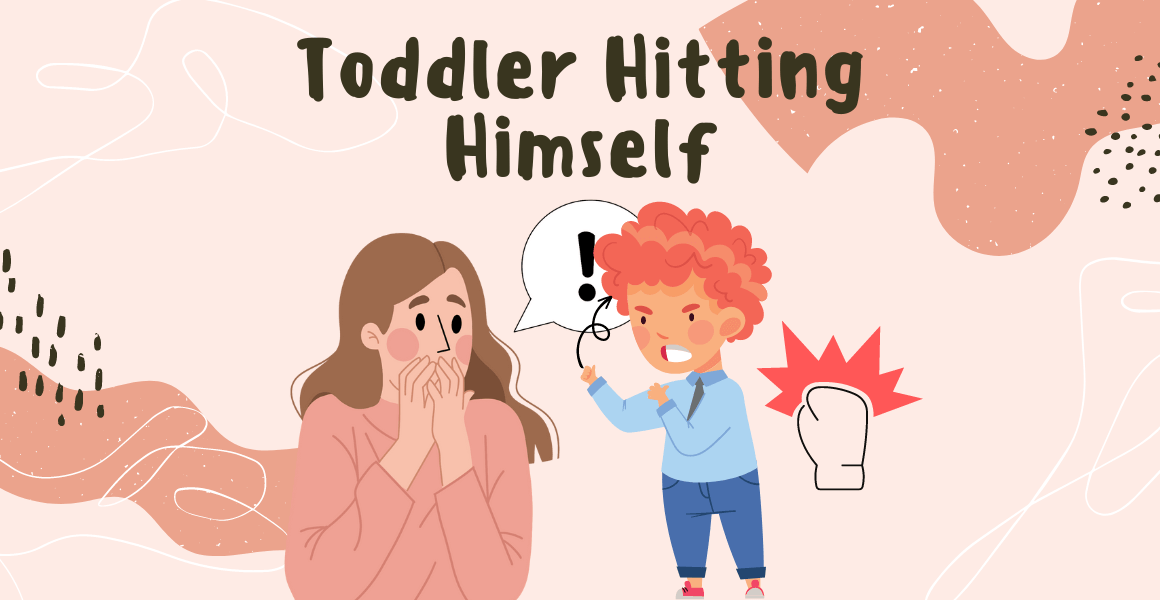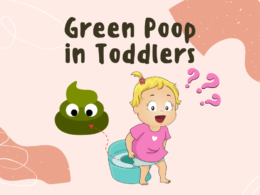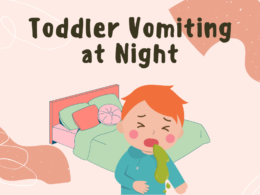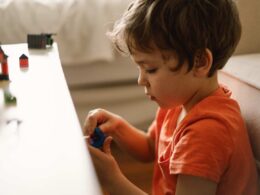Key Takeaways
- Toddlers hitting themselves or banging their head is a common behavior, and it can be more or less serious 🤔
- The usual causes are frustration, attention-seeking, self-stimulation due to autism, boredom, or physical pain from teething or ear infections 👦
- To address the problem, stay calm while redirecting your child’s energy towards positive activities ✔️
- Set boundaries, encourage communication, establish a routine, and seek professional help when necessary ✔️
Why Is My Toddler Hitting Himself? Possible Reasons
If you’ve been asking yourself “why is my toddler hitting himself?”, there could be several explanations. Understanding why your toddler may do this should be your first priority before taking action. Here are the most common causes listed by pediatricians.
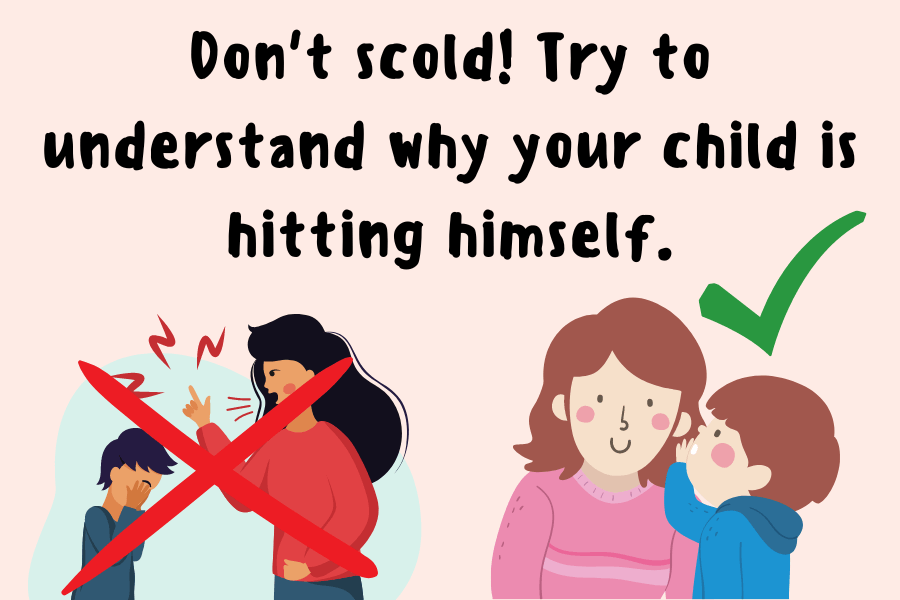
Frustration
A toddler hitting himself when angry is a common occurrence. When kids can’t communicate their wants and needs effectively, they may hit themselves or bang their head to express their anger and frustration. As a caregiver, you should give your child support and guidance to understand why he’s feeling frustrated.
Attention Seeking
If your son feels like he isn’t getting enough attention from you, he may start hitting himself to make you react. Even if it’s a negative and painful behavior, he may resort to it if it’s the only thing that works. The only way to make him unlearn it is to ignore the behavior and give him plenty of positive reinforcement when he’s behaving well.
Self-Stimulation
Sometimes, a toddler hitting himself may be doing it for self-stimulation. Stimming is common in children with autism, and it can take on more or less extreme forms (from rocking on their feet to banging their head on the wall). To alleviate it, parents can contact a therapist for a diagnosis and treatment.
Boredom
It’s also possible that your toddler hitting himself is simply bored. If he doesn’t have enough to do, he may become restless and engage in self-destructive behaviors like hitting himself. If this is the case, provide him with more engaging activities as a distraction. This will help redirect his energy and attention away from the behavior.
Teething
When teething, some toddlers can be in a world of pain and find head-banging to be their source of solace. To ease this discomfort, offering your little one something soothing like a cold damp washcloth may bring them the comfort they need.
Ear Infection
Similarly, an ear infection can be incredibly uncomfortable for your toddler and make him hit himself on the head. It’s a way to express his pain and get some relief. In this case, schedule a visit with your doctor as soon as possible to get the issue addressed and alleviate the discomfort.
Toddler Hitting Himself: Is It Normal?
Now, you may be wondering if a toddler hitting himself is normal. The truth is, it is always a sign of some underlying emotions the toddler is unable to express. For example, if he’s angry or bored, he’s trying to communicate his needs in a strange way. This behavior, although it’s common, should be handled properly.
Our Reader’s Story 💬
My daughter was a bundle of energy and loved to run around the house, but one day I noticed she was hitting herself on the cheek with her hand. I was very concerned and asked her why she was doing it. She told me it was because her tooth was hurting.
I took her to the dentist right away, and it turned out that she had a cavity that was causing the throbbing toothache. After the dentist filled the cavity and gave my daughter some medication for the pain, her spirit was renewed!
What to Do If My Toddler Is Hitting Himself?
Addressing a toddler hitting himself in the wrong way can make the problem worse, so it’s important to be thoughtful and intentional in your approach.
Try to Stay Calm
It can be hard to stay calm when your toddler is engaging in self-harming behavior, but it’s crucial to avoid reacting in a way that will make the situation worse. Give your toddler the safe space and don’t overreact – instead, try one of the solutions outlined below.
Redirect His Energy
If your toddler hitting himself is due to boredom or frustration, try to redirect his energy to positive activities. For example, if he’s bored, play a game with him or introduce a new toy. If he’s frustrated, ask him to take deep breaths and encourage him with positive words.
Set Boundaries
If your toddler is becoming too enthusiastic in his head-banging, help him find a healthier way to express himself. Set gentle boundaries for the behavior and explore positive outlets that will satisfy his energy without causing concern or worry. You can guide him towards activities that are safe ways of letting out steam! For some kids, understanding that they’re making their parents sad can also help in getting them to stop.
Encourage Communication
If the behavior continues, it’s a good idea to talk with your toddler and try to understand what he is feeling. Ask him if there was something that happened that might have upset him or made him angry.
Establish a Routine
Young children thrive on routine, so making sure that your toddler has enough structure can reduce the number of times he hits himself. Having consistent meal times, playtimes and bedtimes will help your child feel secure and in control of his environment.
Seek Professional Help
A toddler hitting himself may be a sign of autism or other developmental disorders. If you suspect that, seek professional help. A therapist can assess your toddler’s behavior and develop a treatment plan to address the problem.
Deal With Your Toddler’s Self-Injurious Behavior Appropriately
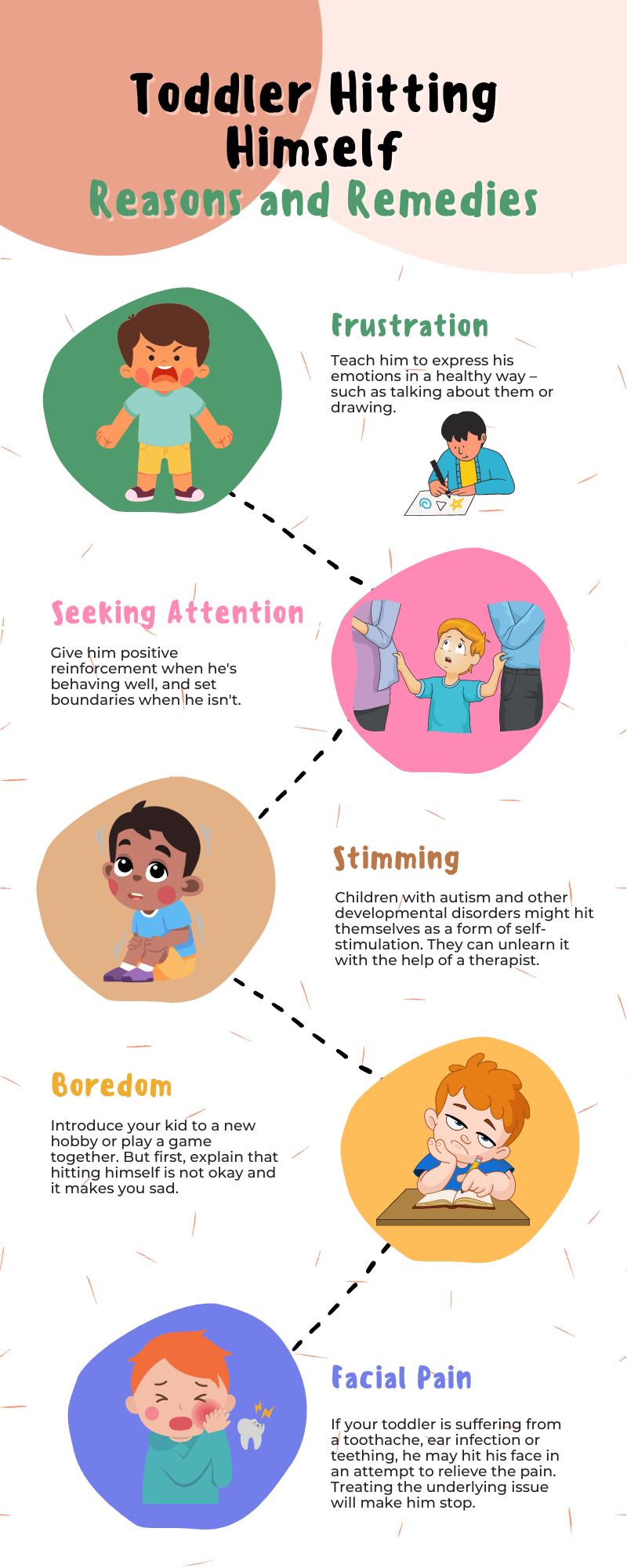
Once you know what’s causing the hitting, you can address the root of the problem. For example, your toddler hitting himself is due to autism, focus on addressing the symptoms of that disorder through behavioral therapy, sensory integration therapy, and other interventions.
On the other hand, if it’s attention-seeking behavior, then the goal would be to provide him with the attention he needs in positive ways. Spend more one-on-one time with him, engage in positive reinforcement, and teach him alternative ways to get attention.
When Is Toddler Hitting Himself Considered Normal?
Children can be unpredictable. One minute they’re laughing and playing, and the next they’re in tears. This is especially true for toddlers, who are still learning to regulate their emotions. Hitting themselves is a common coping mechanism in response to pain, frustration, anger, or lack of attention.
If your son seems to be hitting himself excessively or causing injury, consult with a medical professional to rule out any underlying health conditions – physical or mental. Most importantly, give your child plenty of love, support and understanding. Remember that he’s still learning how to cope with his emotions. A toddler hitting himself when angry will likely outgrow this phase with time and patience.
FAQs About Toddlers Hitting Themselves
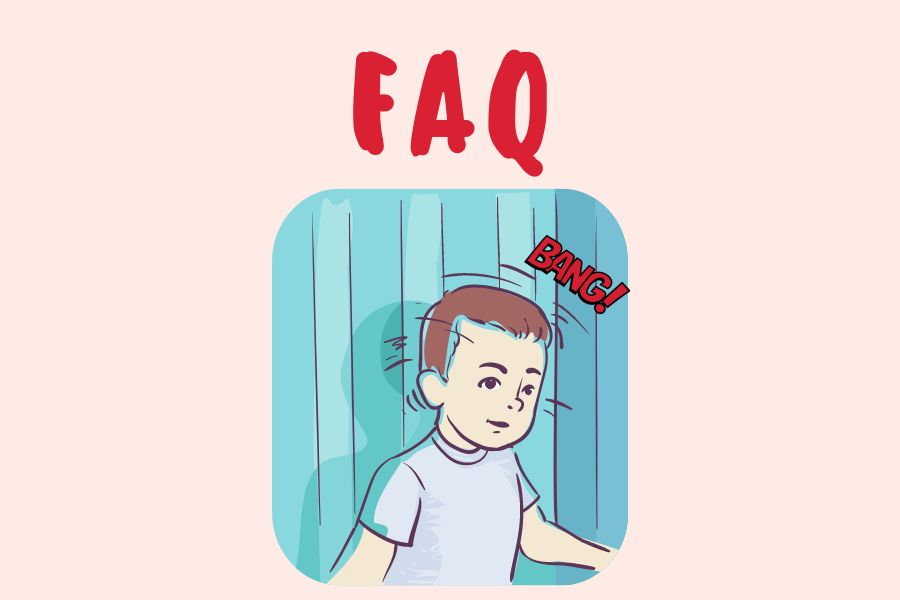
Why Does My Baby Hit His Head With His Hand When Mad?
Anger and frustration can be hard to manage, especially for a young one. If your baby is hitting his head when he’s mad, he’s probably trying to release the stress in his own way. Talk with your pediatrician about how you can teach your son more appropriate ways of expressing himself – like screaming into a pillow or talking out emotions constructively.
Why Does My Toddler Keep Hitting His Head With His Hand?
Your toddler’s head-hitting behavior may be his attempt to self-soothe or grab your attention. Could he be feeling overwhelmed, unable to sleep, or just bored? Get into the mindset of your child and strive to help him find positive outlets for whatever emotions are causing this action.
Is Head Banging a Symptom of Autism?
If it’s the only symptom your toddler is exhibiting, head-banging is unlikely to be related to autism. But if the behavior continues, talking to a healthcare professional is encouraged. Sensory overload and anxiety could very well be the culprits behind this puzzling habit – don’t take any chances when it comes to your toddler!
When to Worry When Your Toddler Hits Their Head?
If they’re hurting themselves or doing it aggressively, it’s time to intervene. If your toddler is screaming or flailing their arms, it’s another sign that the behavior should be addressed.
Similar Posts:
